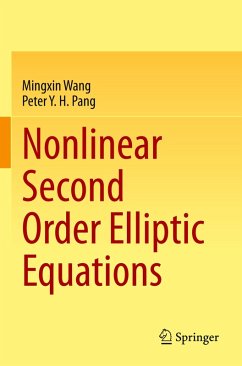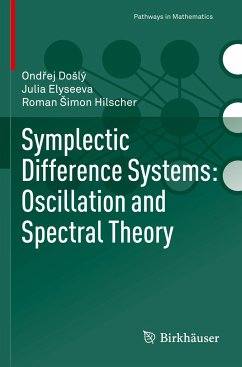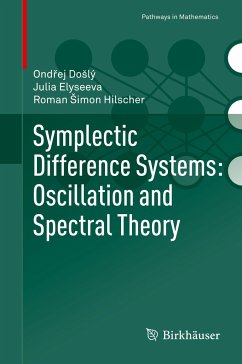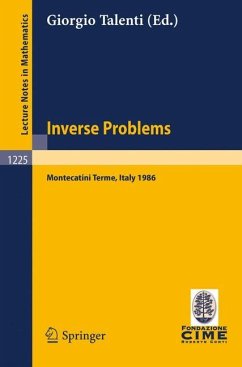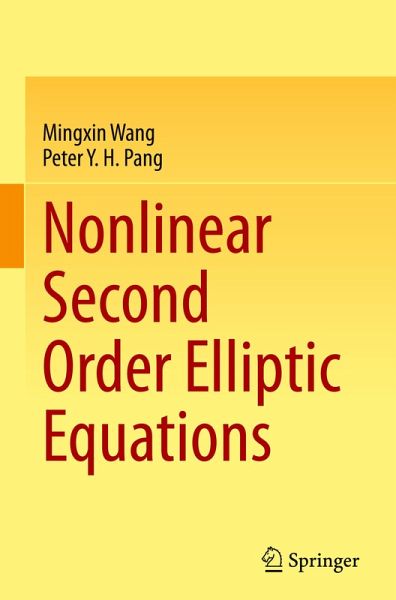
Nonlinear Second Order Elliptic Equations
Versandkostenfrei!
Versandfertig in 6-10 Tagen
98,99 €
inkl. MwSt.
Weitere Ausgaben:

PAYBACK Punkte
49 °P sammeln!
This book focuses on the following three topics in the theory of boundary value problems of nonlinear second order elliptic partial differential equations and systems: (i) eigenvalue problem, (ii) upper and lower solutions method, (iii) topological degree method, and deals with the existence of solutions, more specifically non-constant positive solutions, as well as the uniqueness, stability and asymptotic behavior of such solutions.While not all-encompassing, these topics represent major approaches to the theory of partial differential equations and systems, and should be of significant inter...
This book focuses on the following three topics in the theory of boundary value problems of nonlinear second order elliptic partial differential equations and systems: (i) eigenvalue problem, (ii) upper and lower solutions method, (iii) topological degree method, and deals with the existence of solutions, more specifically non-constant positive solutions, as well as the uniqueness, stability and asymptotic behavior of such solutions.
While not all-encompassing, these topics represent major approaches to the theory of partial differential equations and systems, and should be of significant interest to graduate students and researchers. Two appendices have been included to provide a good gauge of the prerequisites for this book and make it reasonably self-contained.
A notable strength of the book is that it contains a large number of substantial examples. Exercises for the reader are also included. Therefore, this book is suitable as a textbook for graduate students who havealready had an introductory course on PDE and some familiarity with functional analysis and nonlinear functional analysis, and as a reference for researchers.
While not all-encompassing, these topics represent major approaches to the theory of partial differential equations and systems, and should be of significant interest to graduate students and researchers. Two appendices have been included to provide a good gauge of the prerequisites for this book and make it reasonably self-contained.
A notable strength of the book is that it contains a large number of substantial examples. Exercises for the reader are also included. Therefore, this book is suitable as a textbook for graduate students who havealready had an introductory course on PDE and some familiarity with functional analysis and nonlinear functional analysis, and as a reference for researchers.





